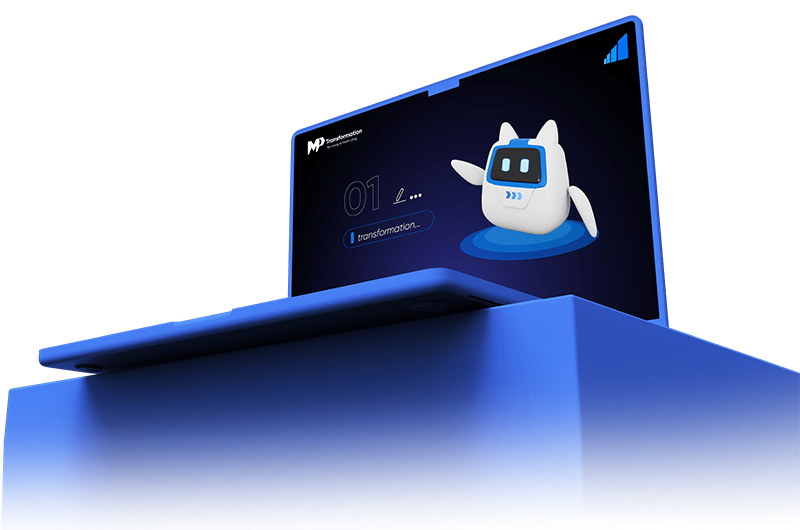










LÝ DO CHỌN MPT?
Chúng tôi luôn cung cấp các dịch vụ chất lượng và các giải pháp công nghệ tân tiến nhất trong lĩnh vực Contact Center.


































Bạn đã sẵn sàng để gỡ bỏ những rào cản về công nghệ, con người, và kinh doanh? Liên lạc với các chuyên gia về giải pháp Contact Center ngay hôm nay!
Để tìm hiểu thêm về MP Transformation, hãy theo dõi và tương tác với chúng tôi trên các trang mạng xã hội


Tầng 10, tòa nhà Sudico, Đường Mễ Trì, Mỹ Đình 1, Quận Nam Từ Liêm, Hà Nội.
1900585853
contact@mpt.com.vn
